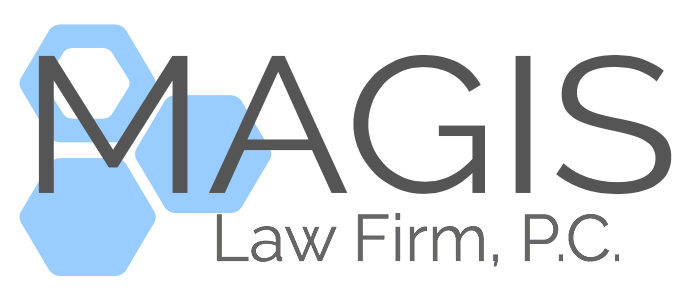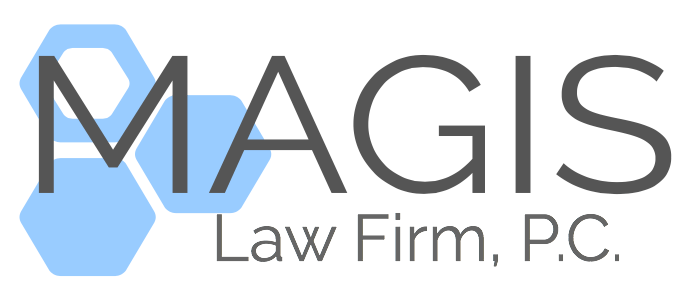The US Congress passed the Federal Food, Drug, and Cosmetic Act in 1938 (the FD&C Act), which empowered the US Food and Drug Administration (the FDA) to oversee the safety of, among other things, medical devices.
The FDA establishes strict requirements for devices that are marketed to the US population. A premarket notification for medical devices, known as a 510(k), classifies a new project as the substantial equivalent of a device already classified by the FDA.
Marketing a Class I, II, and III device intended for human use in the US, for which a PMA application is not required, requires a Premarket Notification 510(k), unless the device is exempt from 510(k) requirements of the FD&C Act and does not exceed the limitations of exemptions the device classification regulation chapters.
Before marketing a device, each submitter must receive an order, in the form of a letter, from the FDA that finds the device to be substantially equivalent and states that the device can be marketed and commercially distributed in the US.
A 510(k) premarket notification requires submitters to demonstrate that the device to be marketed is at least as safe and effective, or substantially equivalent, to a legally marketed device that is not subject to PMA.
A legally marketed device is a device that was legally marketed prior to May 28, 1976 (known as a pre-amendments device), a device which has been reclassified from Class III to Class II or I, a device which has been found substantially equivalent through the 510(k) process, or a device that was granted marketing authorization via the de novo classification process under §513(f)(2) of the FD&C Act that is not exempt from premarket notification requirements.
The legally marketed device(s) to which equivalence is drawn is commonly known as the predicate. Although devices recently cleared under 510(k) are often selected as the predicate to which equivalence is claimed, any legally marketed device may be used as a predicate. The substantially equivalent determination is usually made within 90 days and is made based on the information submitted by the submitter.
Matthew DeNoncour, Esq. is the principal attorney and owner of Magis Law Firm, a boutique law firm based in Boston, with offices in Providence, Miami, and Fort Myers, where he provides legal services to the healthcare, life science, and technology industries. You can reach Matt at magislawfirm.com, by phone at 866-277-8680 or by email at mdenoncour@magislawfirm.com. This post is not meant to be legal advice: learn more here.



